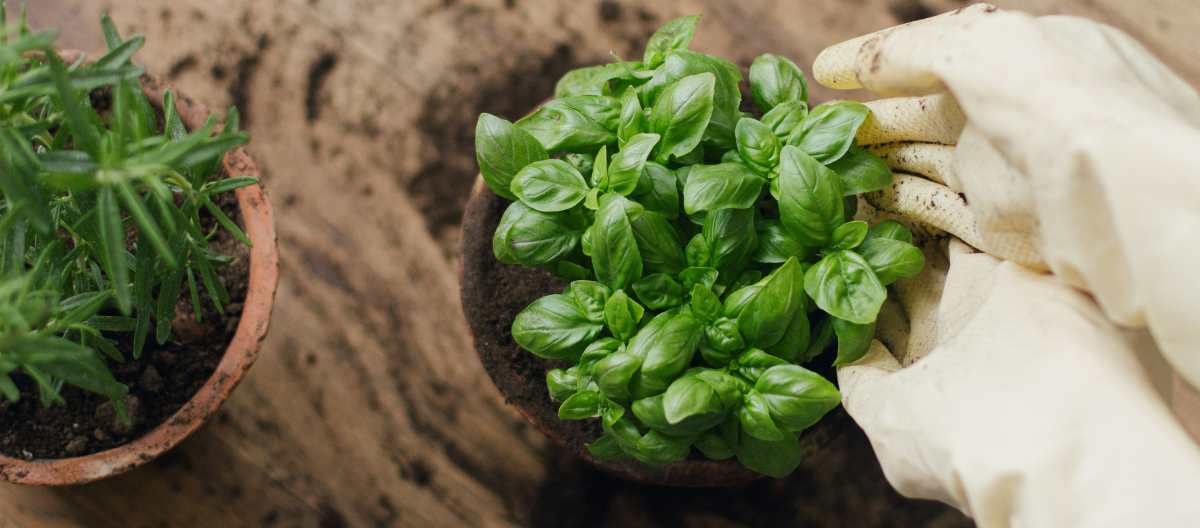Engaging in hobbies can significantly improve mental health by providing emotional, cognitive, and social benefits. Here’s how incorporating hobbies into your routine can positively impact your well-being:
Stress Relief and Relaxation
Hobbies offer a valuable escape from daily stressors. Activities such as gardening, painting, or playing a musical instrument can induce relaxation and lower stress levels. The focus required during these activities helps distract the mind from worries, providing a mental break and reducing overall stress.
Enhanced Mood and Emotional Well-being
Engaging in hobbies can elevate mood and contribute to emotional well-being. Activities that bring joy and satisfaction, such as crafting, cooking, or hiking, trigger the release of endorphins and dopamine, chemicals associated with happiness and pleasure. This can lead to improved overall mood and a greater sense of contentment.
Boosted Cognitive Function
Many hobbies, such as puzzles, reading, or learning a new skill, stimulate cognitive functions and keep the brain active. Engaging in intellectually challenging activities can enhance problem-solving skills, creativity, and memory. Regular cognitive stimulation through hobbies helps maintain mental sharpness and can potentially delay cognitive decline.
Increased Sense of Accomplishment
Completing a hobby-related task or project fosters a sense of accomplishment and self-worth. Whether it’s finishing a knitting project, mastering a new recipe, or achieving a fitness goal, these small victories contribute to a positive self-image and can build confidence.
Improved Social Connections
Hobbies often provide opportunities for social interaction, which can combat feelings of loneliness and isolation. Joining clubs, participating in group activities, or attending workshops related to your interests can help build social networks and strengthen relationships. Social engagement through hobbies fosters a sense of community and support.
Structured Routine and Time Management
Incorporating hobbies into your daily or weekly routine creates structure and purpose. Having dedicated time for hobbies helps with time management and can make it easier to balance responsibilities and leisure. This structured approach can contribute to a more organized and fulfilling lifestyle.
Mindfulness and Present Moment Awareness
Many hobbies encourage mindfulness and focus on the present moment. Activities like painting, yoga, or meditation require full attention and immersion, which can enhance mindfulness. Being present in the moment reduces anxiety and promotes a sense of calm and relaxation.
Exploration of Personal Interests
Engaging in hobbies allows individuals to explore their passions and interests. This personal exploration can lead to a deeper understanding of oneself and foster a sense of purpose and direction. Pursuing hobbies aligned with personal interests helps cultivate a more fulfilling and meaningful life.
Development of New Skills and Talents
Hobbies provide a platform for developing new skills and talents. Learning and mastering a new skill, whether it’s playing a musical instrument, gardening, or cooking, can boost self-esteem and offer a sense of personal growth. Acquiring new skills also contributes to personal satisfaction and achievement.
Enhanced Physical Health
Some hobbies, particularly physical ones like dancing, hiking, or sports, contribute to better physical health. Regular physical activity promotes overall well-being, improves cardiovascular health, and releases endorphins, which enhance mood and reduce symptoms of anxiety and depression.
Hobbies for Mental Health Improvement
- Art and Crafting: Painting, knitting, and sculpting provide creative expression and relaxation.
- Physical Activities: Yoga, swimming, and hiking boost physical health and reduce stress.
- Music and Performing Arts: Playing an instrument or singing can elevate mood and foster emotional expression.
- Gardening: Offers a sense of accomplishment and connects you with nature.
- Writing: Journaling or creative writing helps process emotions and thoughts.


